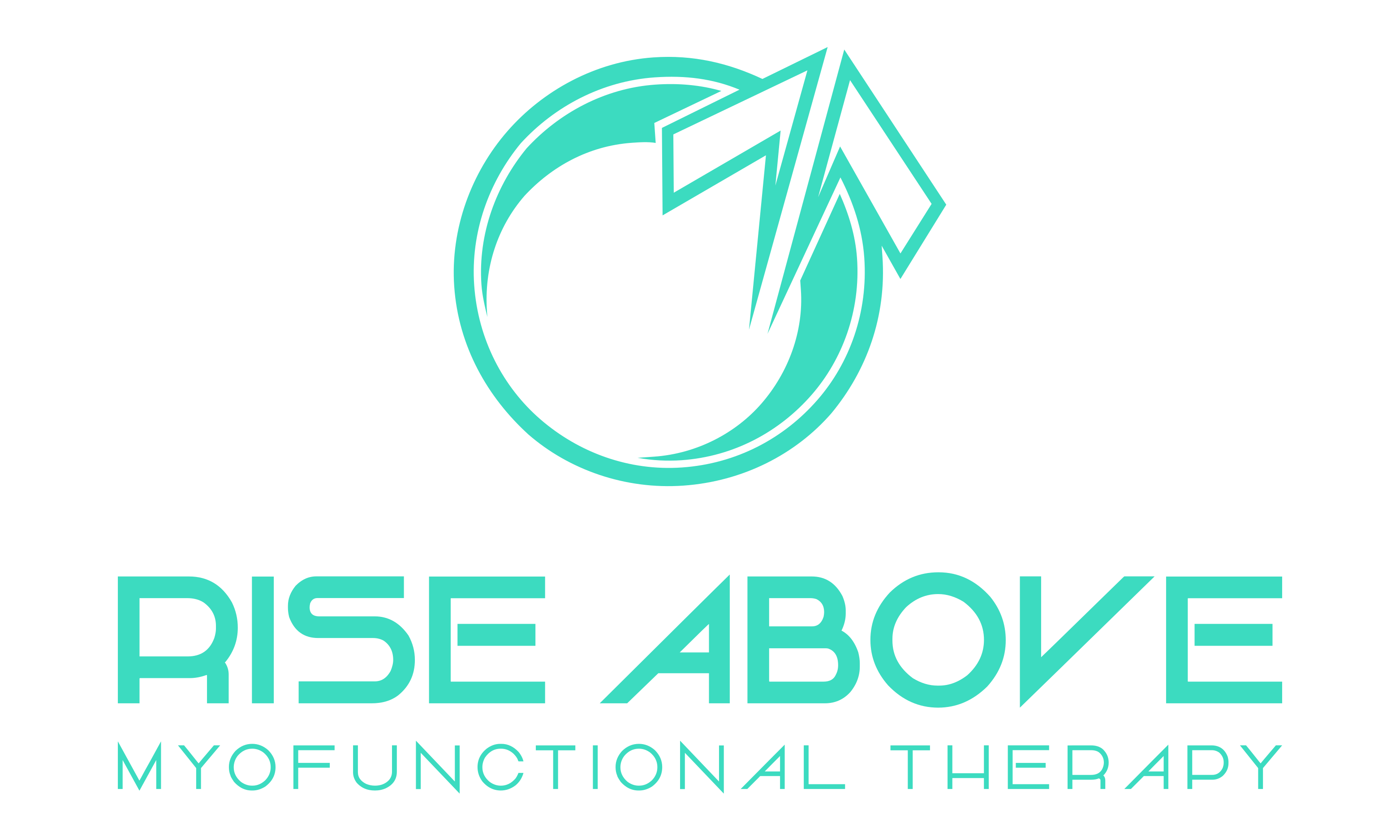Breathing is a fundamental aspect of human existence, essential for sustaining life. While both the nose and mouth serve as entry points for air, the act of nasal breathing stands out as a remarkable mechanism that not only fulfills the respiratory function but also offers a myriad of health benefits.
In our fast-paced lives, the significance of nasal breathing often gets overshadowed by its mouth counterpart. However, the intricate design of the nasal passages serves a purpose beyond mere inhalation and exhalation. The nose acts as a natural filtration system, humidifying and warming the incoming air, while also helping to trap harmful particles, allergens, and pathogens. These functions play a pivotal role in maintaining optimal respiratory health.
One of the most intriguing aspects of nasal breathing lies in its impact on the nervous system. Breathing through the nose stimulates the parasympathetic nervous system, promoting a state of relaxation and calmness. This triggers the release of nitric oxide, a vasodilator that enhances oxygen uptake in the lungs, aids in regulating blood pressure, and improves overall cardiovascular health.
Moreover, nasal breathing is associated with improved sleep quality. The nasal passages produce nitric oxide during inhalation, which helps expand and open airways, reducing the likelihood of snoring and sleep apnea. By fostering better airflow and oxygenation, nasal breathing contributes significantly to a restful night’s sleep, essential for physical and mental well-being.
Athletes and fitness enthusiasts have also recognized the advantages of nasal breathing during exercise. Breathing through the nose optimizes oxygen uptake and carbon dioxide exchange, enhancing endurance and performance. This method supports a more efficient utilization of oxygen, reducing the strain on the respiratory system and preventing early fatigue during workouts or physical activities.
Beyond its physiological benefits, nasal breathing is deeply intertwined with mindfulness practices. Many meditation and yoga traditions emphasize the importance of conscious breathing through the nose. The rhythmic flow of air through the nasal passages serves as a focal point for mindfulness, grounding individuals in the present moment and promoting a sense of clarity and relaxation.
Despite these numerous advantages, modern lifestyle habits often lead to a prevalence of mouth breathing. Factors such as stress, allergies, structural nasal issues, or even sedentary habits contribute to the inclination towards mouth breathing. Awareness and conscious effort to revert to nasal breathing can significantly enhance overall health and well-being.
In conclusion, nasal breathing stands as a remarkable mechanism that goes beyond the simple act of inhaling and exhaling. Its intricate design and physiological effects offer a plethora of health benefits, from improved respiratory health to enhanced sleep quality, athletic performance, and mental well-being. Incorporating conscious nasal breathing into daily routines can unlock the potential for a healthier, more balanced life, harnessing the power of this natural respiratory pathway.




